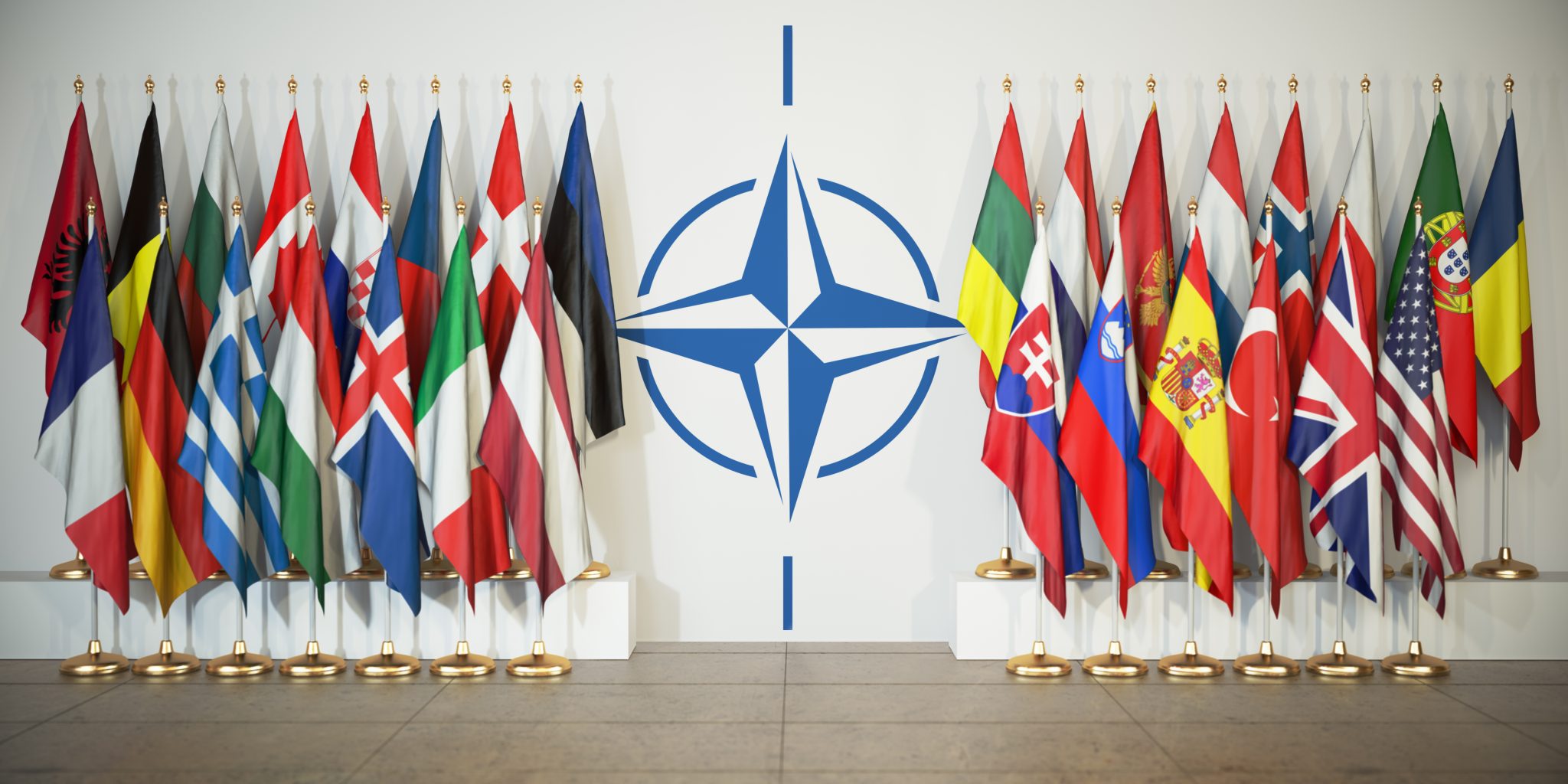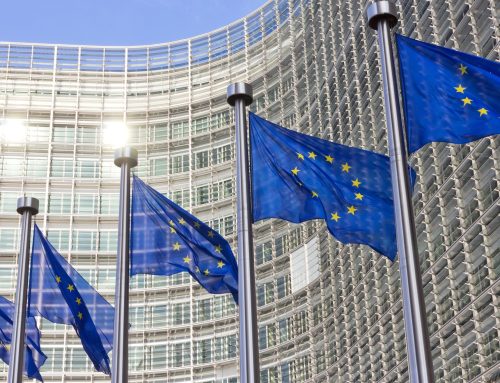ASD Program Manager and Fellow Nad’a Kovalcikova and RAND Corporation Policy Analyst Gabrielle Tarini argue that NATO needs to develop a comprehensive political, economic, and security strategy to deal with China’s growing global power in a Women in International Security policy brief.
Introduction
The rise of China poses a strategic challenge for the North Atlantic Treaty Organization (NATO). The Alliance needs a comprehensive political, economic, and security strategy to deal with China’s growing global power. The more assertive a role China plays in world affairs, the more it could undercut NATO’s cohesion and military advantages by translating commercial inroads in Europe into political influence, investing in strategically important sectors, and achieving major breakthroughs in advanced digital technologies.
NATO Secretary General Jens Stoltenberg has repeatedly emphasized the need for NATO allies to assess and better understand the implications of China’s increased presence and activity in the North Atlantic.1 At their London meeting in December 2019, NATO leaders noted that “China’s growing influence and international policies present both opportunities and challenges that we need to address together as an Alliance.”2 At the 2020 Munich Security Conference in February 2020, China again featured prominently in the discussions. Plenary sessions and many of the side sessions focused on China, with US House Speaker Nancy Pelosi, Defense Secretary Mark Esper, and Stoltenberg all highlighting the role for transatlantic cooperation in addressing China’s rise.3
This policy brief examines the challenge that China presents for NATO and the importance of a common posture toward China. It also considers China’s perception of NATO as a stumbling block to its global ambitions, and it provides recommendations for how the Alliance should approach China moving forward.
Please click the link to the right to read the rest of the report.
- NATO Secretary General Jens Stoltenberg, opening remarks at the Munich Security Conference, February 15, 2020, at the European Parliament Committee on Foreign Affairs (AFET) and Sub-Committee on Security and Defence (SEDE), January 21, 2020, and doorstep statement ahead of the meeting of the North Atlantic Council at the level of Heads of State and/or Government, December 4, 2019.
- NATO, London Declaration, Issued by the Heads of State and Government Participating in the Meeting of the North Atlantic Council in London 3-4, December 2019 (Brussels: NATO, December 4, 2019).
- Daniel W. Drezner, “What I Learned at the Munich Security Conference,” commentary, Washington Post (February 17, 2020).





